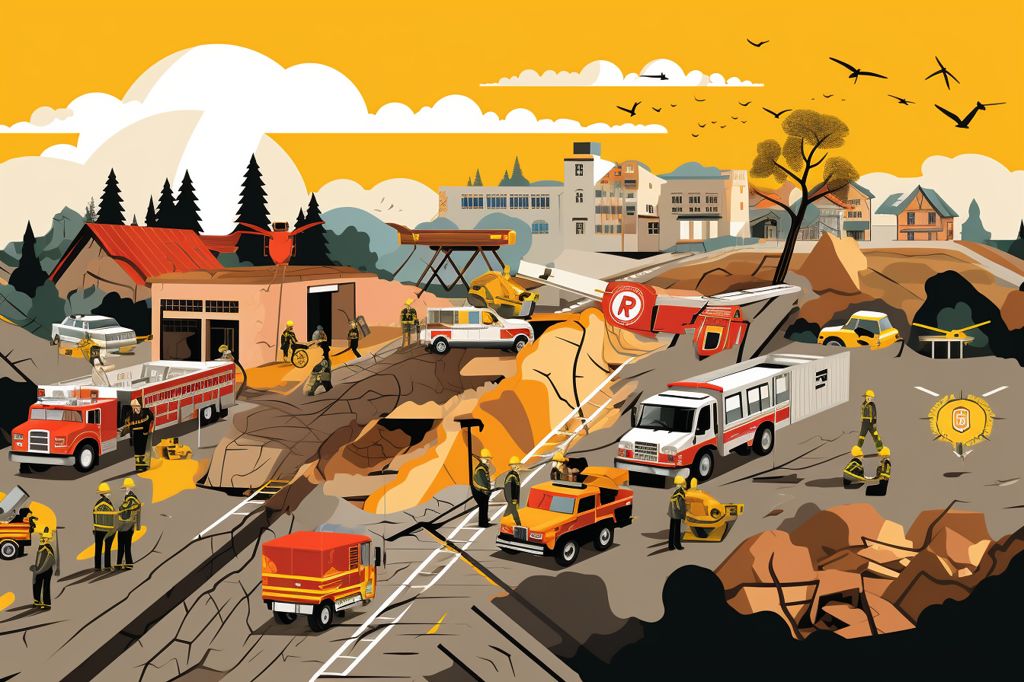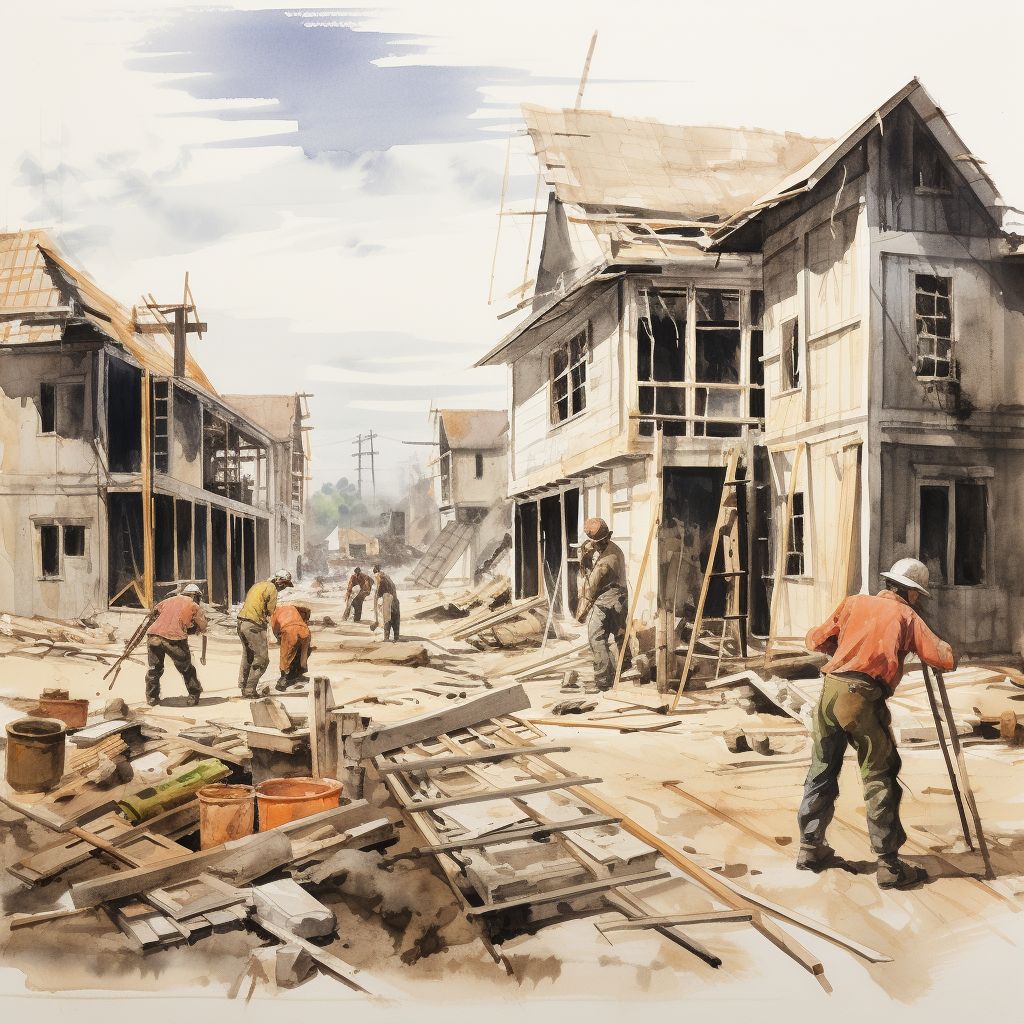The KwaZulu-Natal Department of Cooperative Governance and Traditional Affairs recently released a preliminary report on the damages caused by severe weather conditions in Durban Metro and Ugu District Municipality. The report revealed that heavy rains and strong winds caused significant harm to roads, electricity, sewer systems, and housing.
Areas Affected
The most heavily impacted areas were Phoenix, Inanda, Ntuzuma, KwaMashu, Pinetown, Folweni, and the north of Durban. The storm resulted in four fatalities, several injuries, and damage to many houses.
Immediate Assistance
The Provincial Disaster Management Center (PDMC) provided immediate assistance by dispatching teams to assess the damage and offer relief materials to affected communities. Among the items distributed were food parcels, blankets, plastic sheetings, and emergency boxes.
Damage in Other Sectors
The education and agricultural sectors also experienced significant damage. Ten schools in the Pinetown District were destroyed, and four gardens in Inanda and about 700 chicken broilers were adversely affected. The heavy rains also led to pollution at Blue Lagoon Beach in Durban, with the Department collaborating with eThekwini for a beach cleanup.
State Institutions’ Assistance
Various state institutions, such as Eskom, the South African Social Security Agency (SASSA), and the Department of Social Development (DSD), have partnered with municipal disaster management teams to assist in recovery efforts. These entities are working to expedite profiling and relief efforts for affected families.
Support Services Available
In addition to providing material support, social workers are available to offer psycho-social support services, social welfare assistance, and child protection services. Provincial and municipal emergency services are also prepared to respond to emergencies.
Climate Change Effects
The KwaZulu-Natal province is experiencing the harsh effects of climate change during its winter season. Other provincial departments, including Human Settlements, Education, Health, Economic Development, Tourism and Environmental Affairs (EDTEA), and Transport, have been activated to implement their respective contingency plans to ensure immediate repair of damaged public infrastructure.
Community-Based Structures
Mobilization of additional volunteers through community-based structures is underway to reach all affected communities for damage assessments. These structures, such as Ward Committees, Community Development Workers (CDWs), Traditional Leaders, and OSS War Rooms, play an essential role in disseminating weather forecast awareness messages and coordinating mop-up campaigns with municipalities to clean the affected areas promptly.
Resilience and Cooperation
The people of KwaZulu-Natal have shown immense resilience in the face of adversity. Various institutions and community groups are working together to provide support and assistance. The rapid response to the destructive weather conditions demonstrates the strong sense of unity and cooperation within the province.
Moving Forward
With ongoing assessments being conducted to determine the magnitude of the damages and identify necessary interventions, KwaZulu-Natal remains vigilant and prepared to face the challenges posed by climate change. In the meantime, it is evident that the province is determined to rebuild and move forward, backed by a strong network of support and cooperation from its community and institutions.








